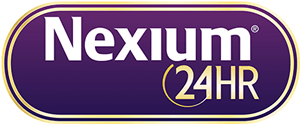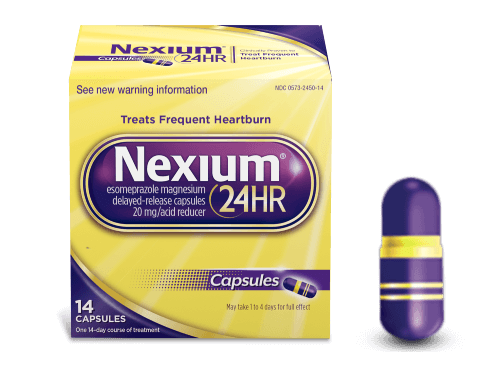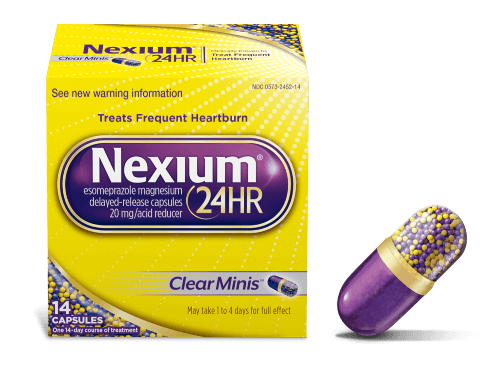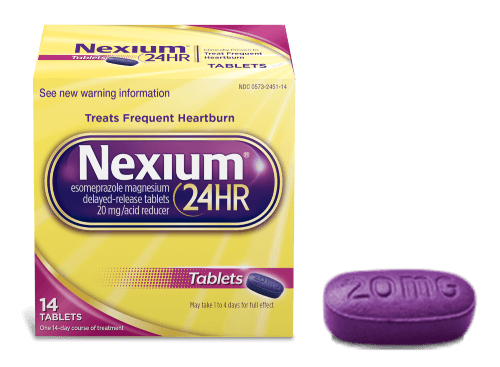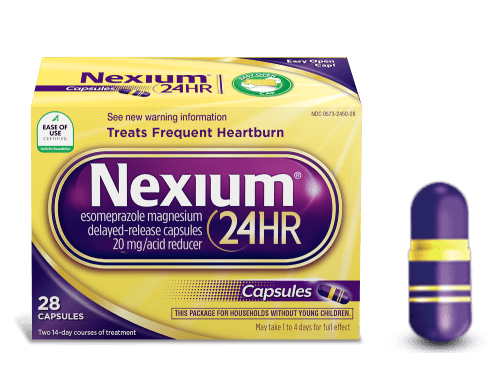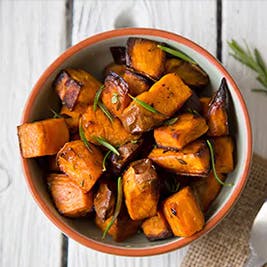Can Coffee Cause Heartburn?
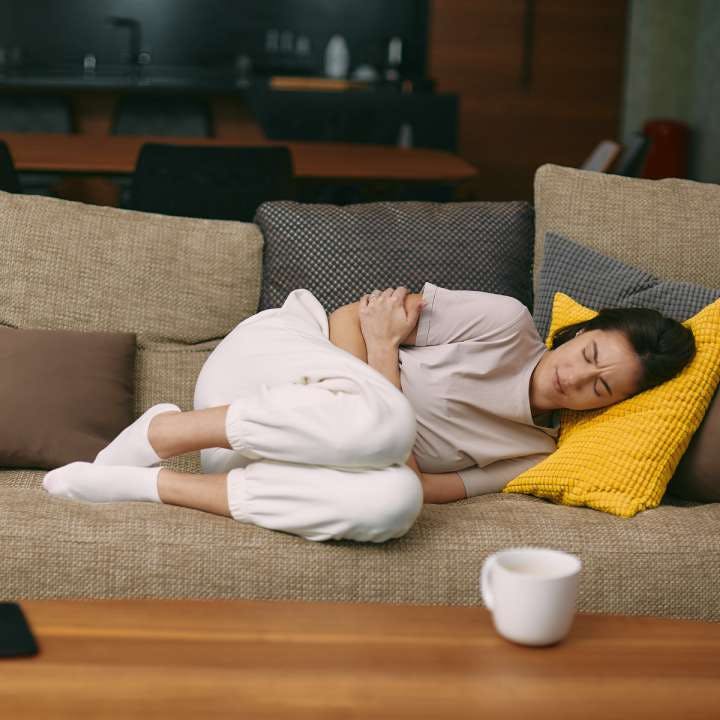
Since waking up in the morning can feel like a challenge, many of us turn to a caffeinated drink to help us get out of bed. However, if you suffer from heartburn, drinking coffee regularly may be exacerbating your symptoms. If that’s the case, try a heartburn-friendly alternative to help you feel awake in the morning without the discomfort. Find out if coffee causes heartburn and how to feel awake without it.
Does Caffeine Cause Heartburn?
One 8oz cup of coffee has around 96mg of caffeine. For context, up to 400mg of caffeine daily is considered safe for most adults.1
Some people, including heartburn sufferers, may want to limit their caffeine intake—or avoid it completely. Coffee and other caffeinated drinks can relax your esophageal sphincter, the band of muscle at the bottom of your esophagus.2,3 When this muscle relaxes, stomach acid can flow into your esophagus and throat, causing heartburn.3
Caffeine is also a stimulant, meaning it can increase the number of contractions in your digestive system and cause your stomach to increase acid production.4 Both of these actions can trigger heartburn.4
How Does Coffee Cause Heartburn?
It’s not just the caffeine in coffee that can give rise to heartburn symptoms—the acid content in coffee can also cause heartburn and other stomach issues.4 High-acidity coffees include light-roast coffees and any coffee made from Arabica beans.
How to Reduce Heartburn When Drinking Coffee
If you’re not ready to give up your morning cup of joe, try these tips for a more heartburn-friendly experience:4
- Don’t drink coffee on an empty stomach
- Don’t drink more than three to four cups a day
- Swap your coffee creamer for a fat-free or dairy-free alternative (fatty foods and dairy can trigger heartburn in some individuals)
- Use a paper filter instead of a metal filter, as paper filters trap more acids and prevent them from reaching your cup.
If coffee will stay a staple in your morning routine, you might also try swapping your current blend for a less acidic brew. Some of your low-acid coffee options include:4
- Dark roasts. Dark roasts contain less acid than their lighter counterparts and contain fewer of the chemicals that can increase stomach acid production.
- Cold brews. Cold brew is made by steeping coffee beans in cold or temperate water for 12 to 24 hours. The steeping time combined with the colder temperatures create a smoother coffee that contains less acidity and bitterness.
- Low-acid coffee brands. Many stores carry specialty coffee brands that make low-acid alternatives to their usual offerings. Decaffeinated coffee is also less acidic than regular coffee, and the lack of caffeine can help reduce the risk of heartburn.
- Mushroom or chicory coffee. Mushroom and chicory root can be blended with coffee grounds to create a low-acid alternative. While more research is needed, one of the health benefits of mushrooms is their ability to reduce inflammation, making mushroom coffee potentially easier to digest. Chicory root coffee is made from the root of the chicory plant, which is closely related to the dandelion. It’s known to be less acidic and easier on the stomach than traditionally brewed coffee.
How to Boost Your Energy Without Coffee
Maybe you’re ready to let go of your usual morning beverage to see whether your heartburn improves. If you’re trying to wean off coffee, try these caffeine-free alternatives to help power up your morning:5
- Exercise regularly: Getting your heart pumping helps you sleep more soundly at night, which translates into more energy in the morning. It also gives your cells more energy to burn, helps your body circulate oxygen and leads to higher brain dopamine levels, which helps elevate your mood.
- Eat for energy: Eating low-glycemic foods—foods whose sugars you digest more slowly—helps you avoid crashing midday. Those foods include whole grains, high-fiber vegetables, nuts and healthy oils.
- Limit alcohol: Beat the afternoon blues by avoiding alcohol around lunchtime. If you need to work late into the night, it’s best to save the happy hour for another day when you won’t mind losing some energy.
- Drink water: When you’re dehydrated, one of the first things you notice is a feeling of fatigue. In addition, water has been shown to improve your performance for most endurance activities, so don’t neglect that water bottle!
If you ditch coffee and your heartburn doesn’t improve, something else may be triggering your symptoms. Talk to your doctor to find out what can be causing your heartburn and whether you can start drinking coffee again.
For 24-hour relief from your symptoms of frequent heartburn, turn to Nexium 24HR.
Source Citations:
- Caffeine content for coffee, tea, soda and more. Mayo Clinic. https://www.mayoclinic.org/healthy-lifestyle/nutrition-and-healthy-eating/in-depth/caffeine/art-20049372. Accessed 10/2/22.
- GERD Triggers and Heartburn | Blog. Loyola Medicine. https://www.loyolamedicine.org/about-us/blog/gerd-triggers-and-heartburn. Accessed 10/2/22.
- Heartburn - Symptoms and causes. Mayo Clinic. https://www.mayoclinic.org/diseases-conditions/heartburn/symptoms-causes/syc-20373223#. Accessed 10/2/22.
- Low-Acid Coffee Options to Try Today. Cleveland Clinic. https://health.clevelandclinic.org/coffee-giving-you-tummy-trouble-try-these-low-acid-options/. Accessed 10/2/22.
- 9 tips to boost your energy — naturally - Harvard Health. https://www.health.harvard.edu/energy-and-fatigue/9-tips-to-boost-your-energy-naturally. Accessed 10/2/22.
